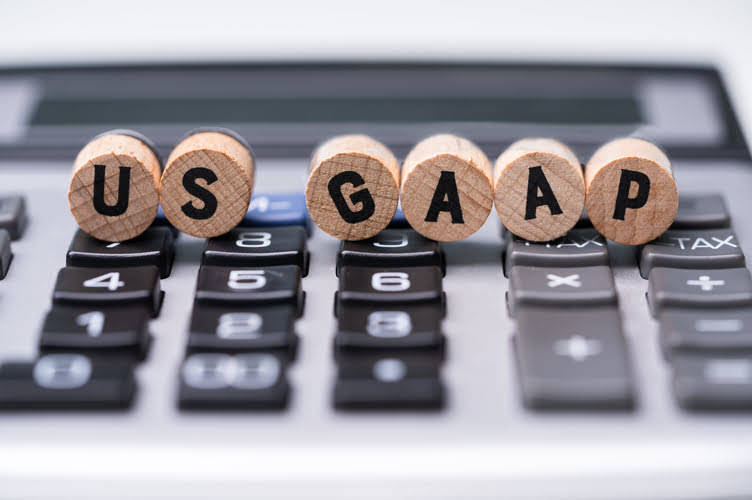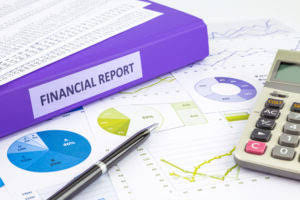
It also generates bills from work orders automatically, includes online payments, and allows you to set up recurring payments, as well. No matter the type of report, you’ll want easy access to your accounting data and a way to share that data with owners. Buildium lets you generate and save accounting reports easily, and then send those reports to clients or other members of your team—all within the same platform. They can provide a high-level overview to investors or can be extremely detailed for your monthly HOA meetings. Here are the four reports that will make the biggest impact on your business.
- By balancing tenant satisfaction with building maintenance and fostering a community spirit, you create a stable environment that supports financial growth.
- Beyond tracking overdue payments, property managers often need to issue reminders, negotiate payment plans, or initiate eviction processes when necessary.
- However, Hemlane’s services may be more aligned with hands-on property management rather than optimizing investment performance.
- Likewise, managing multiple bank accounts and ensuring proper reconciliation for each property adds further complexity.
- Owner distributions involve disbursing profits to property owners, requiring precision and transparency to maintain trust.
- Reconciling accounts is a time-consuming process that requires attention to detail.
What does a property accounting manager do?
This means it is taxed at the ordinary income tax rate, rather than a lower capital gains rate. Use your accounting system to track all unpaid vendor invoices in accounts payable. Shop around with vendors to get the best rates on maintenance, utilities, landscaping, and other services. Evaluate staffing to ensure optimal coverage without overspending on payroll. Every dollar saved on operating expenses goes straight to your bottom line. Include footnotes on reports that explain the source of all data and any abnormalities or variances.

Best Bookkeeping Practices For Property Managers
Their team is really responsive; they assist with any complicated accounting concerns. They keep our books up to date, and we also enrolled in the plan that includes income tax filing, which is excellent. We handle trust accounting with the utmost diligence and care to ensure your expenses are bookkeeping for property management properly managed and accounted for. Our three-way tie-out accounting process ensures your books are always audit-ready.
Managing HOA Fees and Special Assessments
It has robust accounting features such as invoicing, bank reconciliation, and financial reporting. Selecting the best landlord accounting software depends Record Keeping for Small Business on your portfolio size, budget, and how much hands-on management you prefer. Some landlords prefer DIY solutions, while others opt to delegate financial management to a property manager who handles accounting on their behalf.

Alternatively, an accelerated depreciation method allows larger deductions in the early years and smaller amounts later. Property management software for small landlords should pack all the features you need in a cost-effective, scalable, and easy-to-use system. General accounting software like QuickBooks and Xero offer several benefits, the main one being their powerful and customizable accounting. This software is less intuitive to use than others on this list and may be more suitable for users with more complex requirements and bigger portfolios. Additionally, they no longer offer a free plan for small portfolio landlords with limited needs.

Software Issues?
Sage 50 is a comprehensive accounting software solution ideal for property managers who need robust financial management tools. It includes detailed financial reporting, budgeting, and tax compliance features. Sage 50 also integrates well with other property management tools petty cash for smooth operations.

Additionally, while they have a free tier, it is quite limited with key features like rent collection costing a premium. This means that for users with more units and more complex requirements, it can quickly become unaffordable. Stessa is all about financial management, however, some of their features are only available if you open up a Stessa banking account with them. This popular accounting method uses two accounts for every transaction, one account is debited, and one account is credited, an example of this is a tenant deposit. The tenant’s account is debited, and the account for security deposits is credited.

QuickBooks
Try the free Essentials plan today, and experience how Stessa can help you run your rental property like the successful business you deserve to own. There may also be additional fees for tasks, such as advertising vacancies, rental applications and lease forms, and online payments, which depend on the pricing plan you select. One drawback of Rentec Direct is the pricing structure starts at $50/month per unit. This fee can be relatively high for landlords managing only a small number of properties, potentially making it less cost-effective for smaller portfolios. REI Hub offers a comprehensive, property-focused accounting framework, offering features such as automatic transaction importing, time-saving templates, and rule-based transaction matching.
- We are getting a team of Appfolio Experts versus one in house bookkeeper.
- It systematically organizes every income and expense category, ensuring streamlined financial reporting and clarity for key business decisions.
- For instance, if you paint a room that you typically rent out, you can deduct the expense—even if it’s an improvement that might increase the value of your home overall.
- For these reasons, it is unsuitable for landlords with a large portfolio of properties or those that need to manage their business on the go or via staff members who use a variety of devices.
- Develop a chart of accounts that organizes your financial transactions into relevant categories.
The Best Real Estate Accounting Software
A property management accountant uses the balance sheet to provide a snapshot of assets, liabilities, and equity at a specific point in time. This helps property owners understand their financial standing and assess long-term stability. Once you have determined your income sources, you need to estimate your expenses. This may include mortgage payments, property taxes, insurance, maintenance costs, and other expenses.







